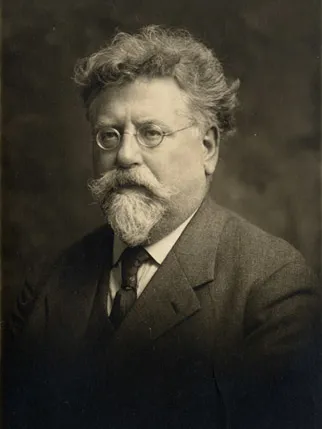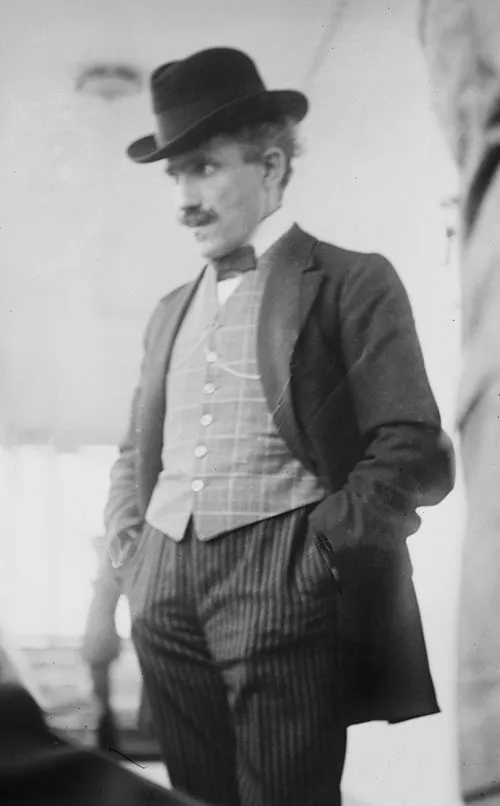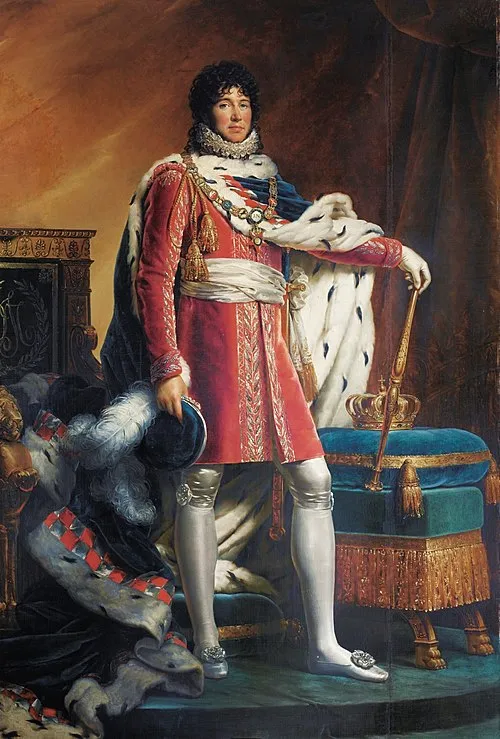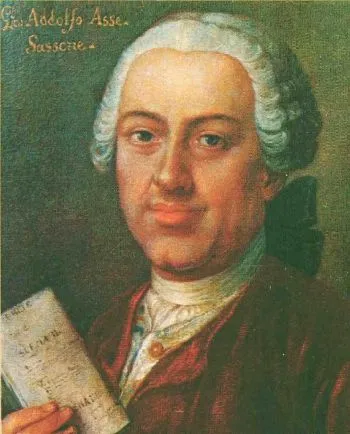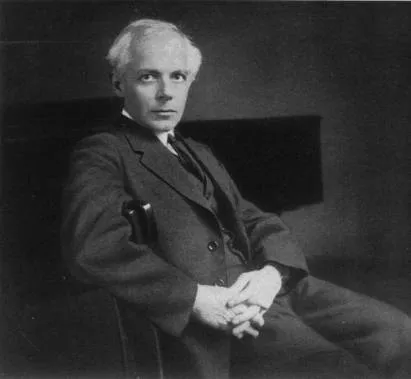
Name: Béla Bartók
Nationality: Hungarian
Profession: Pianist and composer
Birth Year: 1881
Death Year: 1945
Béla Bartók: The Musical Alchemist of the 20th Century
Born in the year 1881, Béla Bartók emerged as a prodigious talent in the world of music, but his path was anything but straightforward. From an early age, he demonstrated extraordinary skills as a pianist and composer. However, it was not merely his innate ability that set him apart; it was the confluence of cultural influences and personal hardships that shaped his unique musical voice.
Raised in a small Hungarian town, he began playing piano at an incredibly young age just four years old! As he grew older, Bartók's interest in folk music blossomed. It’s almost poetic to think that he found inspiration not only in classical traditions but also in the rich tapestry of Hungarian folk melodies that surrounded him. Perhaps this duality between formal training and folk roots played a crucial role in crafting his innovative style.
Despite this solid foundation, Bartók faced challenges early on. His father passed away when he was just seven years old an event that would shape much of his emotional landscape throughout life. Ironically, this loss didn’t stifle his creativity; rather, it seemed to fuel it. As he poured himself into composition and performance during these formative years, one can speculate whether this experience led him to explore deeper themes through music later on.
The Struggle for Identity
As Bartók matured into adulthood, Hungary found itself at a cultural crossroads amid political turmoil. In an era rife with nationalism and tension among ethnic groups within the Austro-Hungarian Empire, musicians like Bartók sought identity through their art but what does one do when their very essence is challenged?
His education at the Royal Academy of Music provided opportunities to refine technical prowess yet something pivotal happened during those years: exposure to various styles from across Europe catalyzed radical shifts in how he approached composition. It wasn't just about replicating sounds; it became about understanding them deeply! Through this lens of exploration and perhaps rebellion against conventional forms Bartók started experimenting with rhythm and tonality unlike any before him.
A Journey into Ethnomusicology
Ironically enough though the path towards innovation often requires looking back! During travels across rural Hungary collecting folklore recordings by hand using primitive audio devices Bartók carved out a new genre known as ethnomusicology! His efforts brought authenticity back into contemporary classical compositions by blending intricate rhythms inspired by traditional dances with modern harmonies.
"It is my conviction that all true music is born from its surroundings." – Béla Bartók
This philosophy shaped many compositions throughout his career from "Music for Strings, Percussion and Celesta" to "Concerto for Orchestra." Who knows how many hidden gems lie undiscovered today because they were never recorded? In fact… some might argue these expeditions were more than research; they acted as portals connecting past narratives while creating entirely new soundscapes!
Cultural Exile Amidst World Conflict
The unfolding events leading up to World War II would further complicate things for Bartók: rising fascism loomed heavily over Europe like dark clouds ready to burst forth rain upon unsuspecting souls below... Despite being hailed as one of Hungary’s greatest composers by then it didn’t stop him from feeling alienated within borders once familiar!
Bartók made the difficult decision to emigrate from Hungary after facing increasing persecution due largely due anti-Semitic policies targeting Jewish citizens even if indirectly impacting individuals outside their community who opposed such ideologies! This exile proved bittersweet: while freedom awaited on distant shores the very act severed ties between himself & homeland forever!
The American Years: A New Chapter Unfolds
Landed on American soil during 1940 marked yet another turning point but opportunities were scarce amidst looming war clouds overhead... Initially struggling financially despite fame garnered overseas created pressure upon already fragile health weakened further by cancer diagnosis shortly thereafter!
__Bartok left behind more than scores; their echoes resonate through modern compositions inspiring countless artists today....__ ≤In contemporary times... Béla's influence transcends genres pushing forward ideas once dismissed within strict confines elevating diversity appreciating nuances found everywhere globally represents shared humanity... What seemed avant-garde then has manifested beautifully embracing multiculturalism celebrated widely among generations growing up finding solace amidst chaos surrounding them perhaps igniting passion previously dormant waiting patiently underneath surface waiting recognition finally unfolding! So... who knows? Might we see resurgence similar movements emerge moving forward echoing those sentiments transforming lives fostering unity bridging gaps separating communities broken apart all along way? The legacy indeed remains strong reminding us importance seeking authentic voices preserving stories passing down ensuring heritage never fades leaving imprints long forgotten fade away scattered wind sweeping quietly pulling us closer together remembering brilliance born struggles soaring high overcoming obstacles insurmountable!


